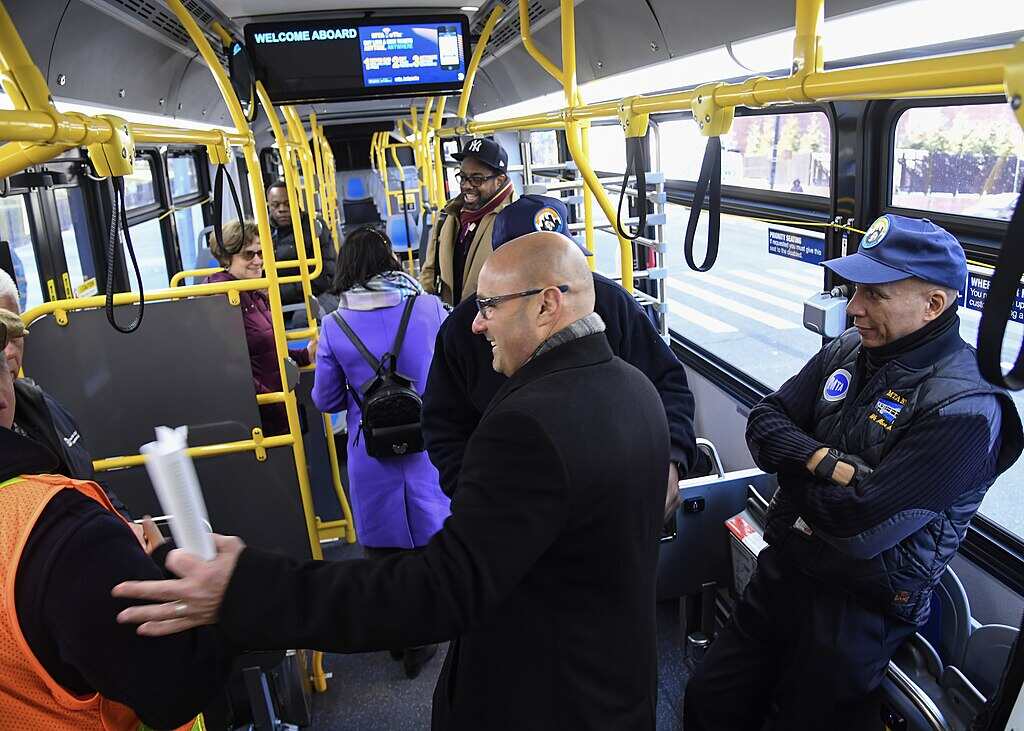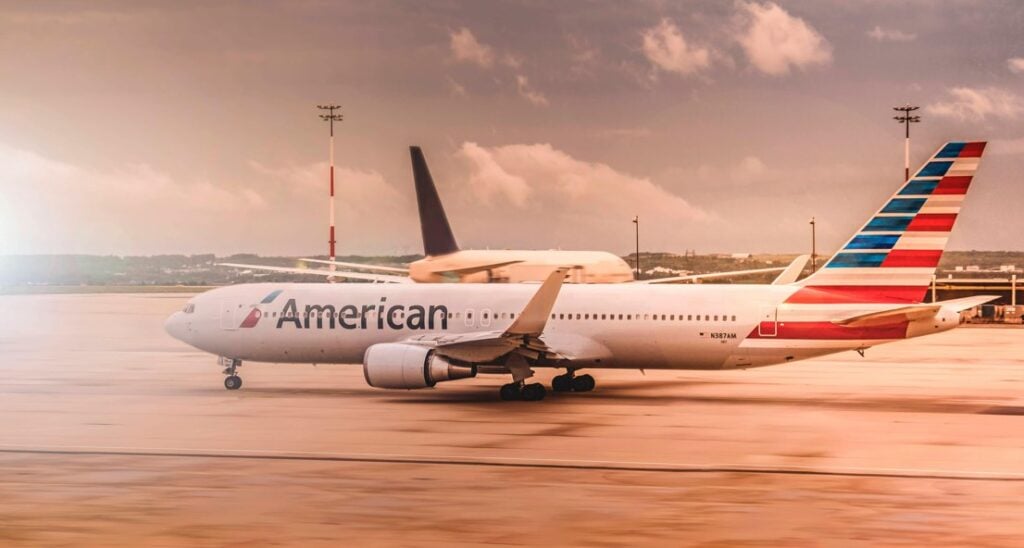New York’s transit riders will soon pay more for their daily commutes. The MTA board has approved fare and toll increases that will take effect in January 2026, raising the base subway and bus fare from $2.90 to $3.
The 11-0 vote (with two abstentions) came after a six-week public comment period that drew 1,378 responses – four times the feedback received during the last fare increase in 2023.
“The modest fare increases approved today — which are below the rate of inflation — prioritize value for frequent riders and families while maintaining the MTA’s bottom line,” said MTA Chair and CEO Janno Lieber.
Had the MTA matched inflation since 2023, the base fare would have risen to $3.14, according to the transit agency. Lieber emphasized that transit remains more affordable than car ownership.
Similar Posts
Beyond the 10-cent base fare increase, riders will see several major changes. The reduced fare for seniors and people with disabilities will rise to $1.50, while express bus fares jump to $7.25.
The OMNY seven-day fare capping system becomes permanent, with a weekly cap of $35 for subway and local bus users (down from the initially proposed $36). This means riders pay for their first 12 trips in a week, then ride free afterward. For express bus riders, the weekly cap will be $67.
Long Island Rail Road and Metro-North commuters face average increases of up to 4.5% on monthly and weekly tickets. However, Port Jervis and Pascack Valley lines will see no fare increases, and monthly ticket prices won’t exceed $500.
Families with children will benefit from an expanded Family Fare program. Children ages 5-17 can now ride for $1 with a fare-paying adult, up from the current age limit of 11.
Drivers using MTA bridges and tunnels will see tolls rise between 20 and 60 cents per one-way crossing for passenger cars with E-ZPass, with existing discount programs for Queens, Bronx, and Staten Island residents remaining in effect.
The fare changes coincide with the MTA’s transition from MetroCards to the OMNY tap-to-ride system. The last MetroCards will be sold on December 31, 2025, though existing cards will remain usable for a period afterward. By mid-2026, the OMNY card fee will rise to $2, and coins will no longer be accepted on buses.
One-way LIRR and Metro-North tickets will be valid until 4 a.m. the next day, replacing the current 60-day validity period. The MTA is also introducing a new Day Pass for unlimited daily travel to replace round-trip tickets.
Some commuters have criticized the increases. “For many people, this is becoming unaffordable for the hikes to keep happening,” said Omar Vera during the board meeting. Others, like Adam Schmidt from the Citizens Budget Commission, supported the changes, calling them “essential” and “predictable.”



















